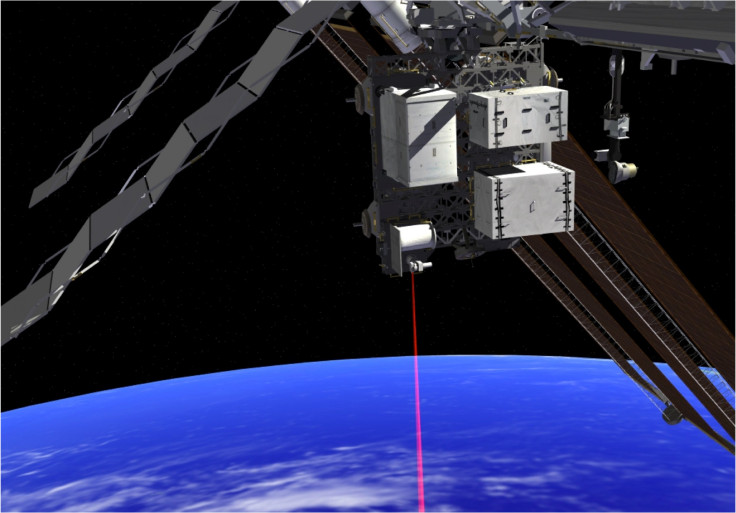NASA Testing Laser To Send Data From Space To Earth

NASA will begin testing a laser system that will send data from space to Earth via a laser. The new technology could dramatically speed up communication and improve transmission rates from space.
NASA will be testing the Optical Payload for Lasercomm Science, OPALS, on the International Space Station. OPALS could serve as the next advance in communications systems used by NASA and other space agencies. The device will be sent to the ISS via a SpaceX Dragon commercial resupply capsule on the Falcon 9 rocket, notes NASA, later this year.
OPALS was built by NASA’s Jet Propulsion Laboratory and is an attempt to use optical communication, in the form of lasers, to meet the demands of data transmission. As NASA points out, higher data transmission rates are needed due to applications, such as high-definition video transmissions, that require them. Optical communication would provide faster rates than the conventional radio-frequency transmissions currently being used. In addition to faster speeds, the laser could improve the quality of the signal to transmit and receive data.
In the ISS test, OPALS will transfer a video from the space station to JPL's Optical Communications Telescope Laboratory, located in Wrightwood, Calif., reports NASA. The space agency will also send a reference beacon from the ground telescope, and the two transmissions will be tracked.
According to Michael Kokorowski, OPALS project manager at JPL, optical communication could improve the speed of research and increase the amount of data that can be transferred. “Future operational laser communication systems will have the ability to transmit more data from spacecraft down to the ground than they currently do, mitigating a significant bottleneck for scientific investigations and commercial ventures.”
OPALS is a small flight system that will be mounted on the outside of the ISS. The launch is scheduled for December 2013 and the test will last 90 days, notes NASA.
© Copyright IBTimes 2024. All rights reserved.






















